The Best Companion Plants For St John's Wort
St John's wort (Hypericum perforatum) is a popular garden plant that is known for its bright yellow flowers and medicinal properties. It is a hardy perennial that can be grown in a variety of conditions, but it does best in full sun and well-drained soil.
One of the best things about St John's wort is that it is a very easy plant to care for. It is drought-tolerant and relatively pest- and disease-free. However, there are a few companion plants that can help to improve the health and appearance of your St John's wort plants.
Companion planting is the practice of planting different types of plants together to benefit each other. Companion plants can help to attract beneficial insects, repel pests, improve soil quality, and provide shade or support.
Here are some of the best companion plants for St John's wort:
- Yarrow (Achillea millefolium) is a hardy perennial that is known for its daisy-like flowers and medicinal properties. Yarrow is a good companion plant for St John's wort because it helps to repel pests and attract beneficial insects.

- Bee balm (Monarda didyma) is a native North American wildflower that is known for its fragrant flowers and medicinal properties. Bee balm is a good companion plant for St John's wort because it attracts pollinators, such as bees and butterflies.
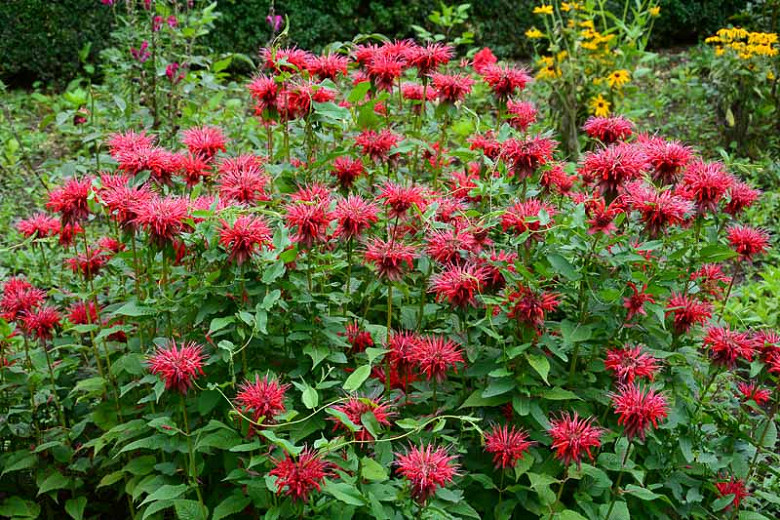
- Coneflower (Echinacea purpurea) is another native North American wildflower that is known for its daisy-like flowers and medicinal properties. Coneflower is a good companion plant for St John's wort because it helps to attract pollinators and repel pests.
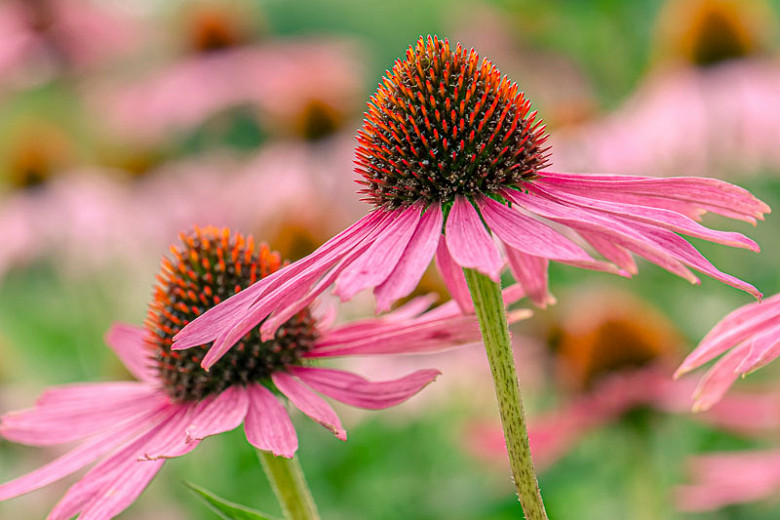
- Black-eyed Susan (Rudbeckia hirta) is a tall, daisy-like wildflower that is known for its bright yellow flowers. Black-eyed Susan is a good companion plant for St John's wort because it helps to attract pollinators and repel pests.

- Goldenrod (Solidago spp.) is a tall, golden-yellow wildflower that is known for its showy blooms. Goldenrod is a good companion plant for St John's wort because it helps to attract pollinators and repel pests.
In addition to these plants, there are a number of other companion plants that can be beneficial for St John's wort. Some good choices include:
- Aster (Aster spp.)
- Butterfly weed (Asclepias tuberosa)
- Echinacea pallida
- Gaillardia pulchella
- Penstemon digitalis
When choosing companion plants for St John's wort, it is important to consider the plant's needs in terms of sunlight, water, and soil type. It is also important to choose plants that will complement each other's appearance.
By planting St John's wort with the right companion plants, you can help to improve the health and appearance of your plants, attract beneficial insects, and repel pests.
St. John's wort is a beautiful and versatile plant that can be used for both medicinal and ornamental purposes. It is also a great companion plant, meaning that it can be planted near other plants to benefit both of them.
Some good companion plants for St. John's wort include:
- Aster oblongifolius: This purple aster blooms in late summer and fall, providing a nice contrast to the yellow flowers of St. John's wort.
- Hibiscus moscheutos: This hibiscus is a tall and showy plant that can help to attract pollinators to your garden.
- Monarda fistulosa: This bee balm has fragrant flowers that can help to repel pests.
If you are interested in learning more about St. John's wort companion planting, I recommend visiting Garden Wiki. This website has a wealth of information on the topic, including a list of recommended companion plants, tips on how to plant them together, and information on the benefits of companion planting.
FAQ of st john's wort companion planting
Q: What are the benefits of companion planting St. John's wort?
A: St. John's wort is a beneficial plant that can be used to attract pollinators, repel pests, and improve soil health. When companion planted with other plants, it can help to:
- Increase pollination: The bright yellow flowers of St. John's wort attract bees, butterflies, and other pollinators. This can help to improve fruit and seed set in nearby plants.
- Repel pests: The essential oils in St. John's wort can help to repel pests such as aphids, spider mites, and whiteflies.
- Improve soil health: St. John's wort is a nitrogen-fixing plant, which means that it can help to improve the nitrogen content of the soil. This can benefit other plants in the garden.
Q: What are some good companion plants for St. John's wort?
A: Some good companion plants for St. John's wort include:
- Yarrow: Yarrow is a tall, daisy-like flower that attracts pollinators and repels pests. It also helps to improve soil drainage.
- Lavender: Lavender is a fragrant herb that repels pests and attracts pollinators. It also helps to deter rabbits and deer.
- Chrysanthemums: Chrysanthemums are daisy-like flowers that attract pollinators and repel pests. They also help to improve soil drainage.
- Mint: Mint is a hardy herb that repels pests and attracts pollinators. It can also help to improve soil aeration.
- Echinacea: Echinacea is a daisy-like flower that attracts pollinators and repels pests. It also has medicinal properties.
Q: How far apart should St. John's wort plants be planted?
A: St. John's wort plants should be planted about 18 inches apart. This will give them enough space to grow and spread.
Q: How much sun does St. John's wort need?
A: St. John's wort needs full sun to partial shade. It will tolerate some shade, but it will not flower as well.
Q: How do you care for St. John's wort plants?
A: St. John's wort plants are relatively easy to care for. They need well-drained soil and regular watering. They should be fertilized once a year in the spring.
Image of st john's wort companion planting
5 different images of "st john's wort companion planting" from Pinterest:
- St. John's wort and lavender. Lavender is a great companion plant for St. John's wort because it helps to deter pests and attracts beneficial insects.
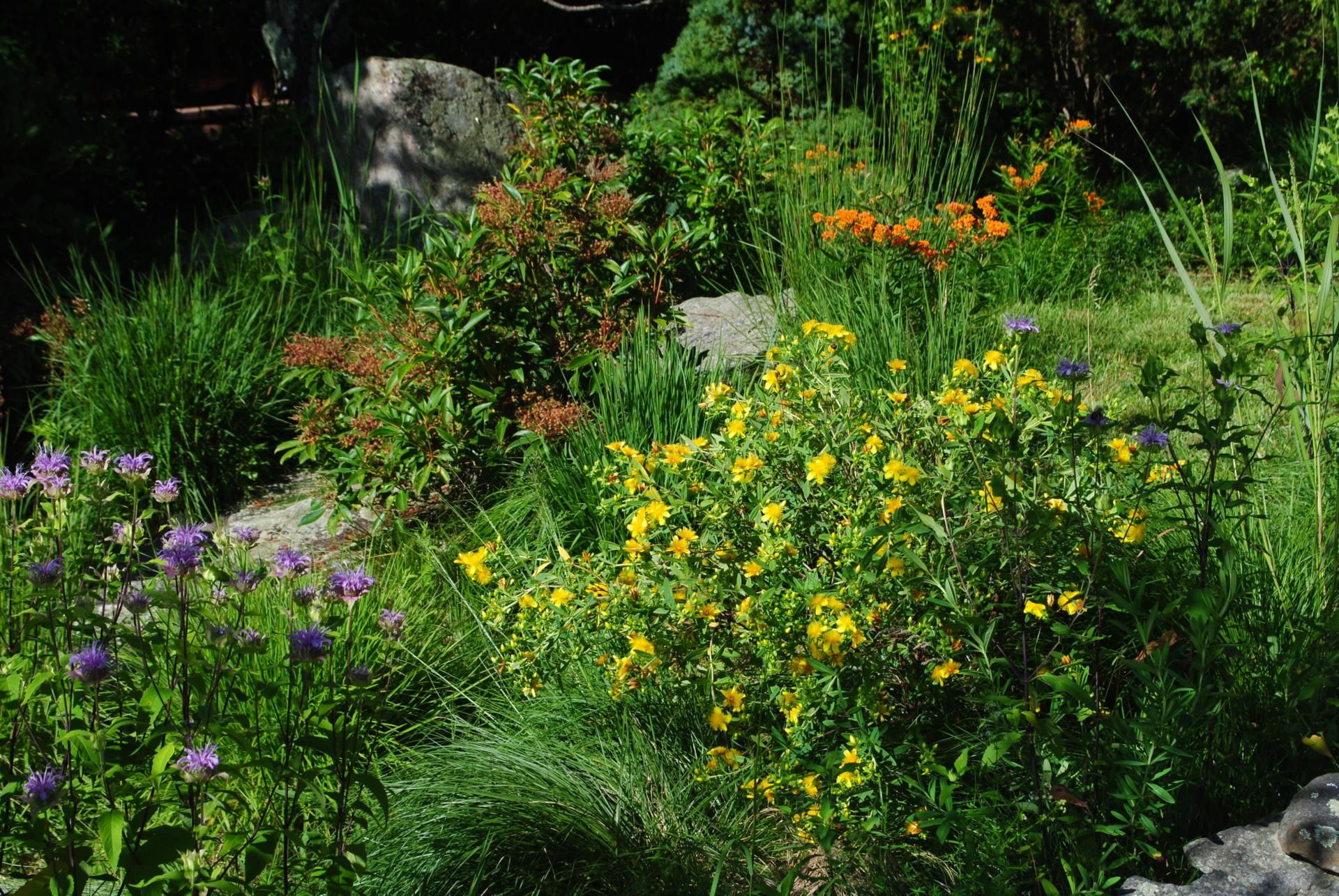
- St. John's wort and yarrow. Yarrow is another good companion plant for St. John's wort because it helps to improve the drainage of the soil.
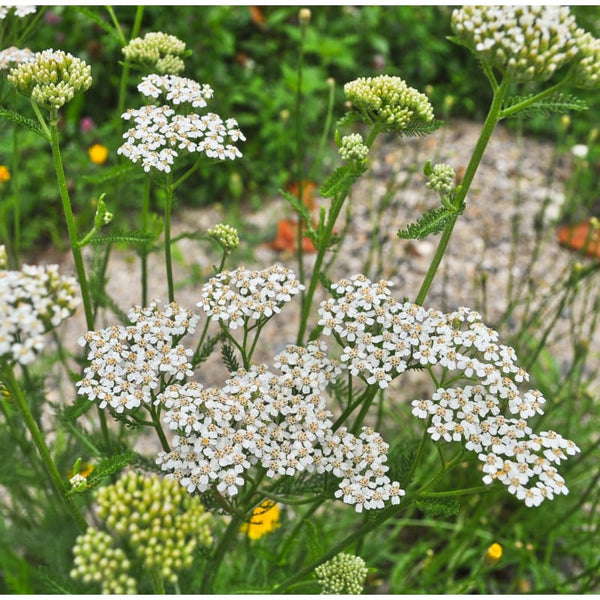
- St. John's wort and chamomile. Chamomile is a calming herb that can help to boost the effects of St. John's wort.

- St. John's wort and bee balm. Bee balm is a pollinator-friendly herb that can help to attract bees and butterflies to your garden.
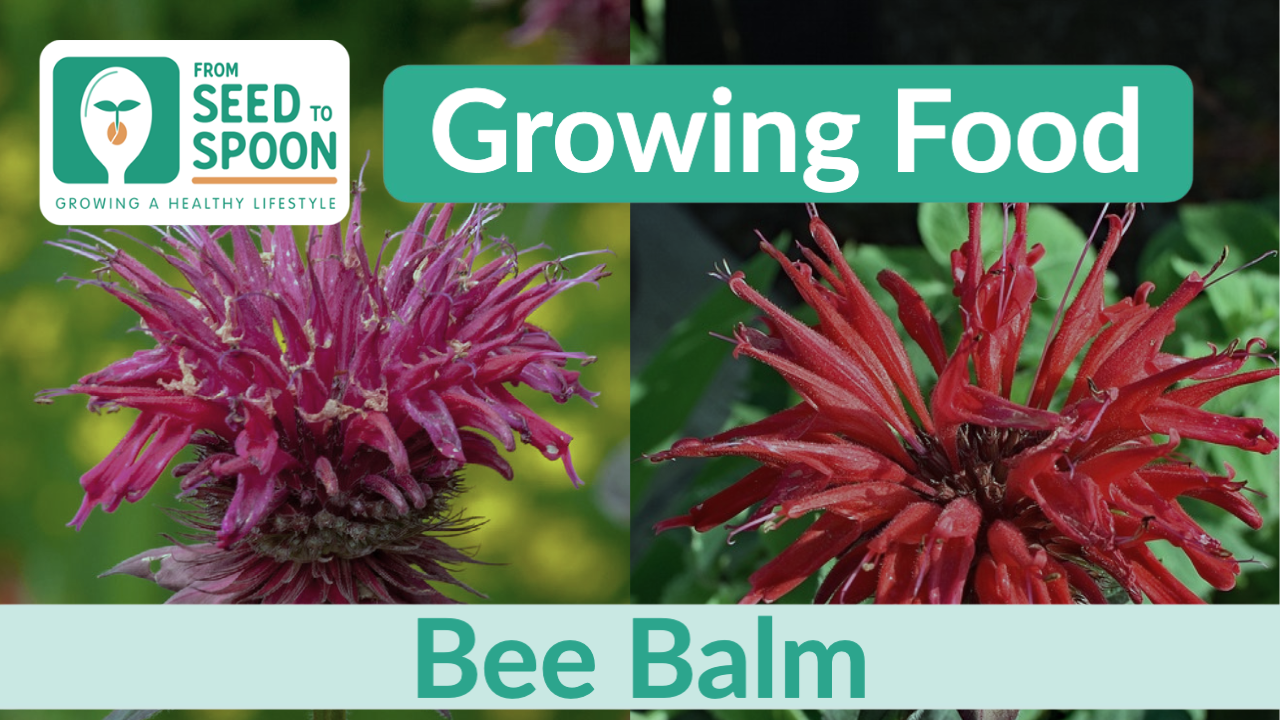
- St. John's wort and coneflower. Coneflower is a tall, sturdy plant that can help to provide support for St. John's wort.

Post a Comment for "The Best Companion Plants For St John's Wort"